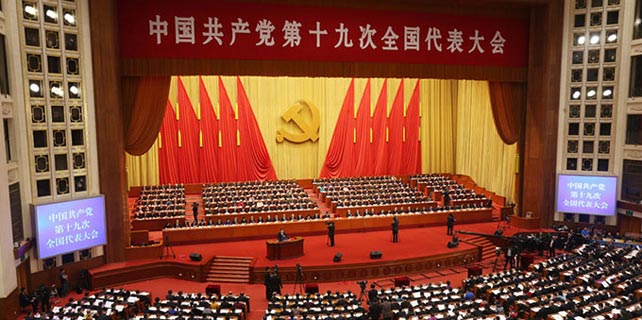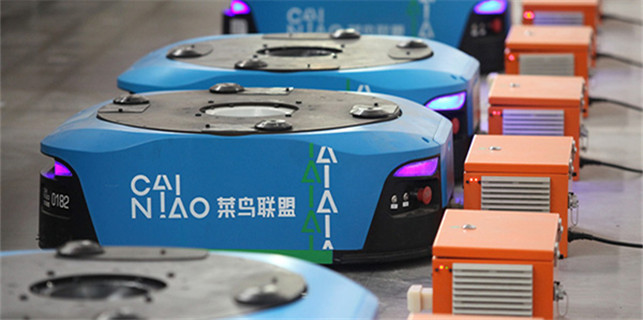China greenlights first housing rental quasi-REIT
China recently gave the green light to a new financing product that is based on rental income from apartments in major cities.
The new product is modeled on the lines of quasi-Real Estate Investment Trusts (REIT) which are allowed to use securitization techniques to monetize assets and access funding. It would also signal yet another step by China to further develop its real estate market.
China Young Professional Apartments, a Beijing-based condominium manager backed by Chinese venture fund SAIF Partners, got the necessary approval from the Shenzhen Stock Exchange to offer 270 million yuan ($40.77 million) of asset-backed securities to retail investors.
Analysts said that the slew of policies supporting the development of the country's residential leasing market would encourage more financing innovations in the sector. The market is also likely to see more asset-backed securitization and commercial mortgage-backed securitization in the future, they said.
Developing the country's housing rental market has been one of the long-term strategies envisaged by policy makers for sustainable and steady growth of the real estate market in China.
Meanwhile China's central authorities have reaffirmed their commitment to ensure housing market stability and secure supplies of housing through multiple channels to meet residents' demands.
"We must not forget that housing is for living and not for speculation", said President Xi Jinping, also the general secretary of the Communist Party of China (CPC) Central Committee, in a report delivered to the 19th CPC National Congress in Beijing on Wednesday.
"More supplies of quality rental products in the market will provide residents in China with more options for housing, and are good for the stability and development of the residential real estate market in the long run", said a research note from Cushman &Wakefield China research, a real estate services provider.
According to the China Securities Regulatory Commission, authorities have been studying policies and regulations for REITs, an important component for financing long-term rental projects that rely on the strong capability for cash flows and yields from stable rental incomes.
"REITs, when introduced in the China market, will help institutions which lease properties to distribute rental income to investors in terms," said a research note from Southwest Securities.
The REITs, with strong liquidity, would also enable investors to buy and sell their holdings quickly, the note said.
China's residential leasing market has been expanding fast. According to a research note from LPlus Research Institute, a real estate information services provider, the total market size is expected to grow from 1.1 trillion yuan in 2016 to 4.6 trillion yuan in 2030.
Across China, more than 15 cities have launched policies encouraging supplies of rental projects to meet residents' housing demands. These measures include allocating more land supplies for development of the leasing market and encouraging more market players to participate in the operation and development of leasing properties.
Other cities such as Hangzhou, Shanghai and Wuhan have been busy setting up an online leasing market information portal to give tenants and property operators easy access to transparent information, such as credit records of tenants, operators and agents.






















